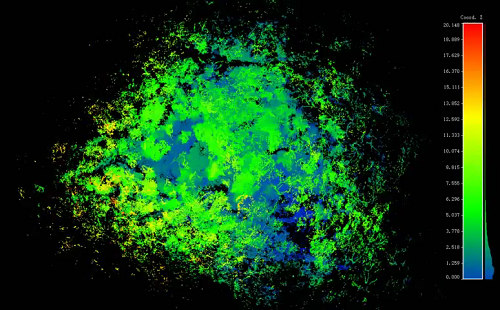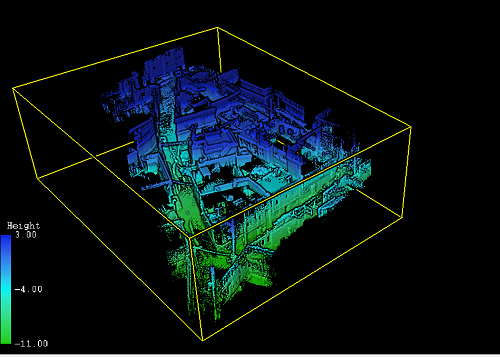Faculty People
Selected as the university to carry out the Innovative Human Resources Development project for Smart City in 2019 (from 2019 to 2023) by Ministry of Land, Infrastructure and Transport and Korea Agency for Infrastructure Technology Advancement (KAIA), Seoul National University plans to carry forward the training of core professionals necessary for industrial revitalization and expansion to the overseas market with the specialized education program reflecting the need of the smart city industry. In order to train the core professionals, we have newly set up the Smart City Engineering Program in the Department of Civil and Environmental Engineering and enhanced the linkage with the undergraduate courses by utilizing diversity of the participating professors of seven Departments (Dept. of the Civil and Environmental Engineering, Dept. of the Computer Science and Engineering, Dept. of the Architecture and Architectural Engineering, etc.). *The number of participating professors will be increased in the future.
Song, Youngkeun Associate Professor
-
- Global Environmental Study
-
- 220-339
Landscape & Ecological Planning Lab
220-342
Humankind face serious global environmental challenges such as climate change and biodiversity crises. To help our lab adapt to these environmental issues wisely, we would like to provide comprehensive space solutions through scientific and intermediate response that encompasses various processes such as field technology, space planning, design, policy, and implementation. Furthermore, we seeks to make space a bio-friendly and harmonious place with nature.
In order to solve environmental problems, our lab is conducting environmental and ecological research at various spatial scales, from everyday living space to cities and lands. In addition, we are conducting convergent research on smart green cities by applying landscaping, and environmental ecology to smart city platforms.
Biodiversity and Environmental Ecological Planning The importance of preserving biodiversity is increasing day by day due to the global biodiversity crisis, and it is very important to evaluate biodiversity in the region and prepare conservation and restoration measures in the new development projects and existing environmental management processes. Land planning and utilization considering this contributes to local biological conservation by providing habitats to various wildlife, forming ecosystem networks through links with surrounding green areas, and providing various ecological services to the community. Environmental Monitoring Environmental monitoring assessment is a scientific and accurate assessment of the environmental conditions of the target site, a prerequisite for better environmental planning. Recently, quality environmental data has been available on a higher spatio-temporal scale, and data collected for various purposes and intensities are also expected to be fused and analyzed through big data technology to be used for environmental evaluation. Environmental Remote Sensing and Geographic Information System Environmental Remote Sensing and Geographic Information System are used to provide and analyze data on a wide spatio-temporal scale. RG/GIS is used in a variety of ecosystem studies, providing a more objective and scientific understanding of the environment and enabling convergence and application between data.


Gwanak-ro1 · Gwanak-gu · Seoul · 08826 · Korea
|
tel. 82-2-880-9082
|
fax. 82-2-873-2684
Copyright © 2019 SCE, Seoul National University. All right reserved.




